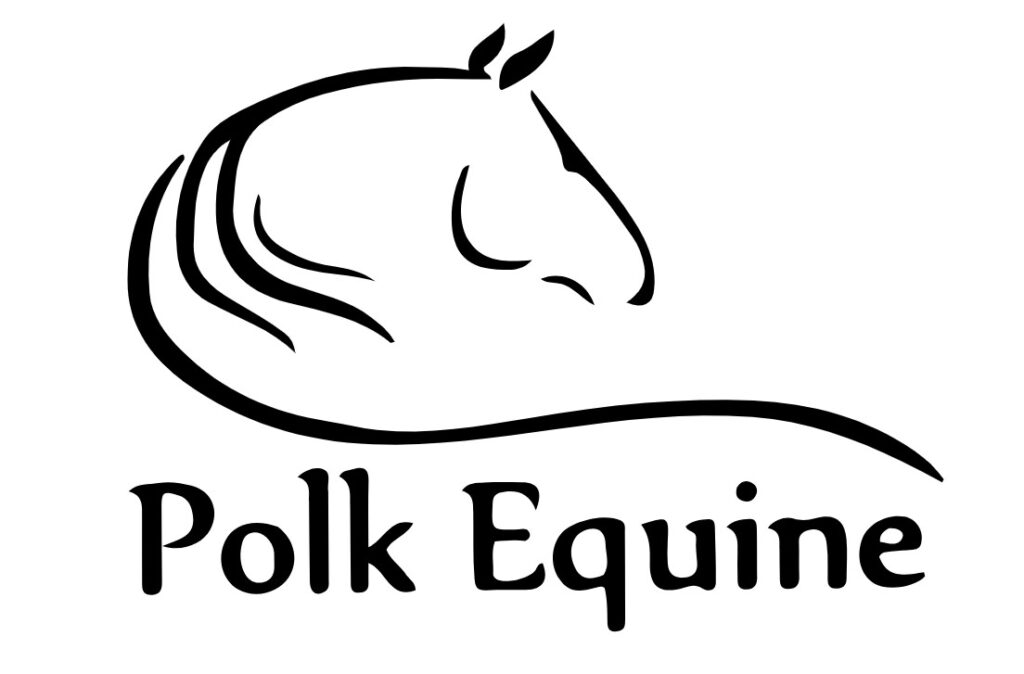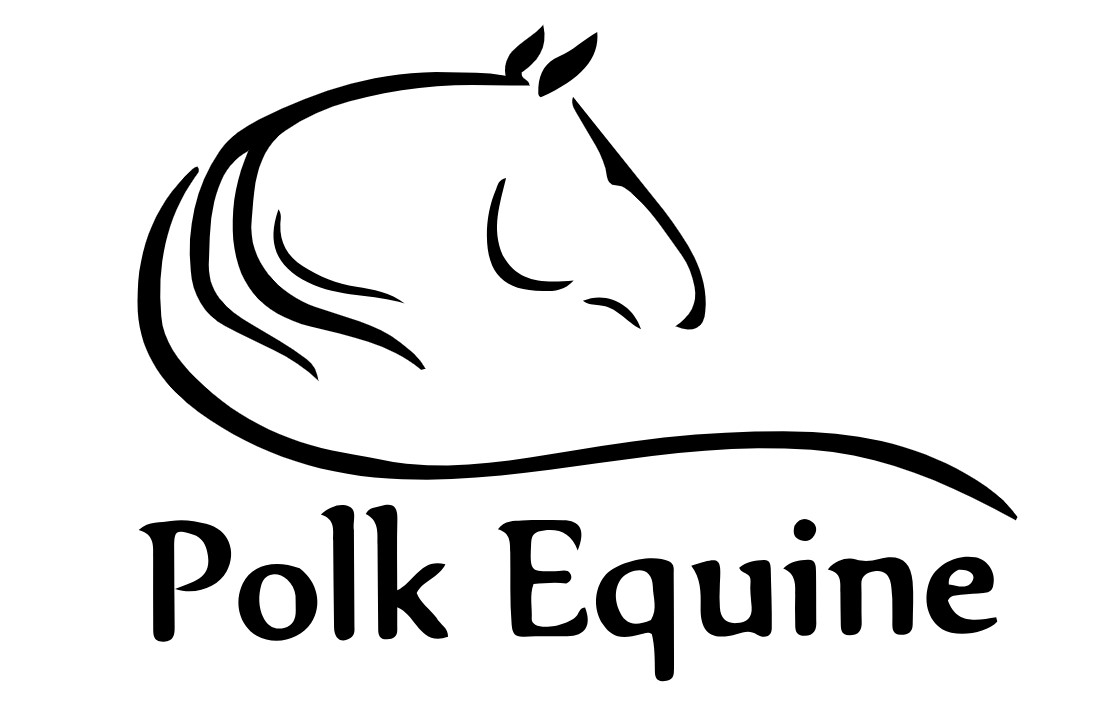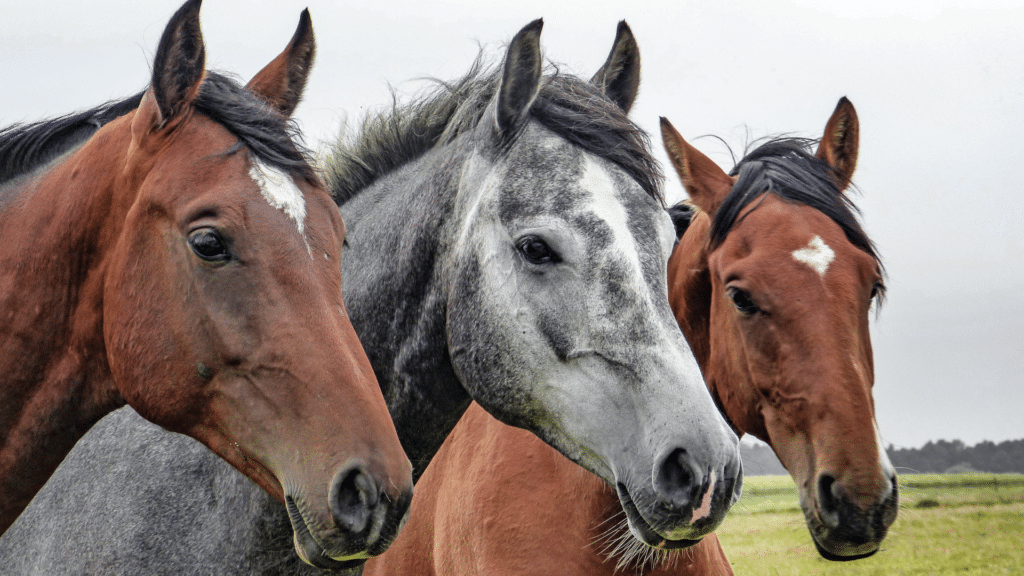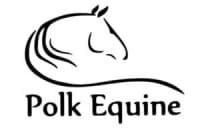Just like humans, horses require regular dental care to maintain optimal oral health. Neglecting your horse’s dental needs can lead to a variety of health problems, impacting their comfort, performance, and overall well-being. Read on to learn about the crucial role of regular checkups, potential dental issues to be aware of, and the significant benefits of seeking professional dental care for your horse.
Why Regular Dental Care is Crucial for Horses
Horses’ teeth continuously grow throughout their lives, approximately 3-4 inches per year. This necessitates regular maintenance to prevent issues like sharp points, uneven wear, and misalignment. These problems can cause discomfort, difficulty eating, and even behavioral changes.
Regular dental exams by a qualified equine veterinarian allow for early detection and correction of these issues. Early intervention promotes better oral health and overall well-being for your horse. Untreated dental problems can worsen over time, leading to more serious complications and potentially requiring extensive and expensive corrective measures.
Signs Your Horse Might Need Dental Attention
Several signs may indicate your horse needs dental attention. Be observant of your horse’s behavior and watch for the following:
- Difficulty chewing or quidding (dropping feed): This is a common sign of dental problems, as pain or discomfort can make chewing difficult.
- Weight loss: If your horse is not properly absorbing nutrients due to dental issues, it can lead to weight loss.
- Excessive salivation: Drooling more than usual can indicate pain or irritation in the mouth.
- Head tossing: This can be a sign of discomfort while trying to chew.
- Discomfort while bridling: If your horse resists having a bit placed in its mouth, it could be due to dental pain.
- Swellings or discharge around the mouth: This could be a sign of an abscessed tooth or other dental infection.
If you observe any of these signs, it’s crucial to schedule an appointment with a veterinarian specializing in equine dentistry. Early diagnosis and treatment can prevent further complications and improve your horse’s quality of life.
Benefits of Professional Equine Dental Care
Regular dental exams and professional treatments offer numerous benefits for your horse, including:
- Improved chewing efficiency: Dental issues can make chewing difficult and painful, leading to inefficient nutrient absorption. Professional dental care ensures your horse’s teeth are in optimal condition for proper chewing, promoting better digestion and overall health.
- Reduced risk of dental pain and discomfort: Dental problems can cause significant pain and discomfort for horses. Regular checkups and treatments help identify and address issues early on, minimizing pain and improving your horse’s comfort.
- Prevention of more serious dental problems: Early intervention through regular dental care can prevent minor issues from escalating into more serious problems like tooth fractures, infections, or even jawbone loss. These conditions often require extensive and expensive treatment, highlighting the importance of preventative care.
- Enhanced overall health and well-being: Good oral health is essential for a horse’s overall well-being. By addressing dental problems promptly, you are contributing to your horse’s overall health and promoting a longer, healthier life.
Equine Dental Care Routine: Frequency and Considerations
Just like with human dental care, consistency is key for maintaining optimal oral health in horses. While the specific frequency of dental exams may vary depending on your horse’s age, breed, and individual needs, a general guideline is recommended:
- Foals and Young Horses (up to 5 years old): During this period of rapid dental development, it’s crucial to have your horse’s teeth examined by a veterinarian specializing in equine dentistry every 6 months. This allows for close monitoring of milk teeth eruption, potential retained baby teeth (“caps”), and early detection of any abnormalities that might impact jaw development.
- Mature Horses (5 years and older): Once your horse’s permanent teeth have fully erupted, annual dental exams are generally recommended. However, some horses may require more frequent checkups depending on factors like their diet, dental wear patterns, and any underlying dental conditions.
It’s important to note that this is a general guideline, and individual circumstances may necessitate adjustments. If you notice any of the signs mentioned earlier, such as difficulty chewing, weight loss, or behavioral changes related to discomfort, schedule an appointment with your veterinarian regardless of the last dental exam. Early intervention is crucial for preventing more serious problems and ensuring your horse’s long-term well-being.
Prioritizing Your Horse’s Dental Health in Polk County
At Polk Equine Veterinary Services, we understand the significant impact oral health has on a horse’s overall well-being. We are dedicated to providing comprehensive equine dental care services to horse owners throughout Polk County, including Lake Wales, Winter Haven, Lakeland, and Haines City.
By prioritizing regular dental exams, addressing potential problems promptly, and partnering with experienced equine dental professionals, you can ensure your horse enjoys a healthy mouth, improved quality of life, and a strong foundation for optimal health.
Schedule your horse’s next dental appointment with Polk Equine Veterinary Services today and experience the difference that expert dental care can make. Remember, a healthy smile is a happy horse!

Polk Equine



